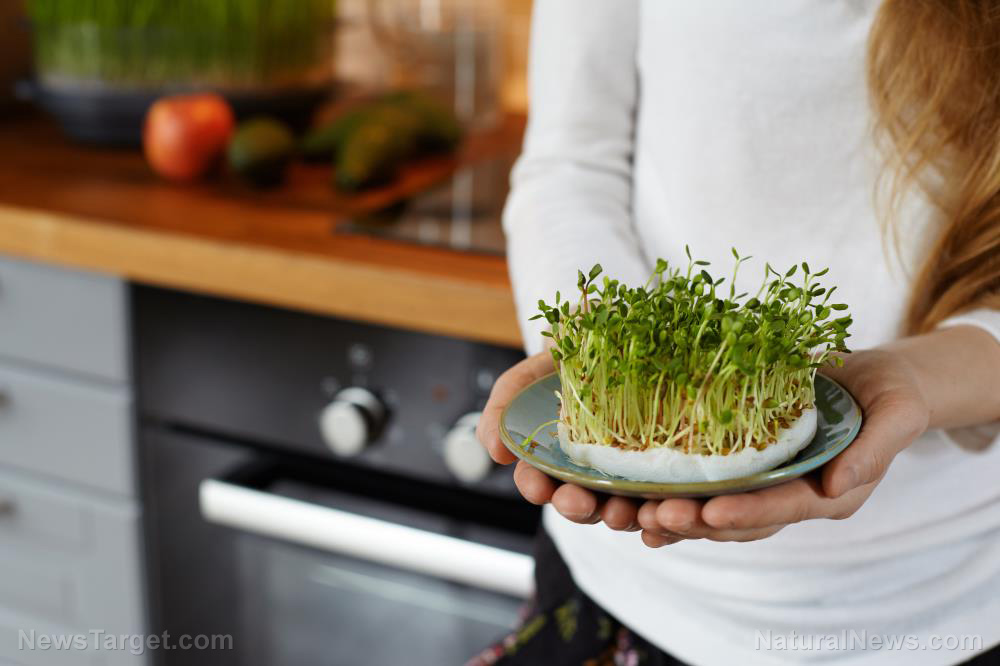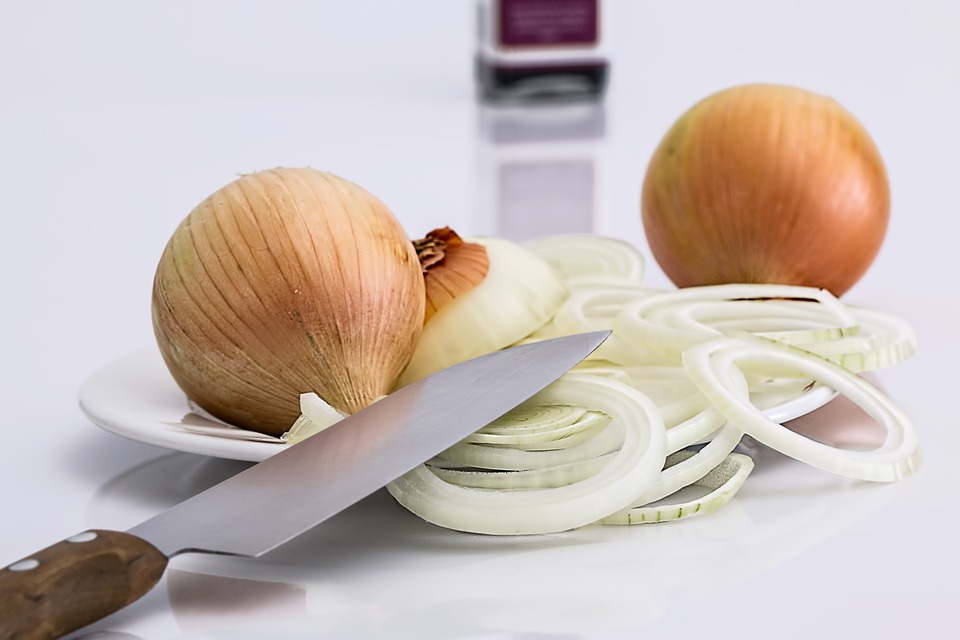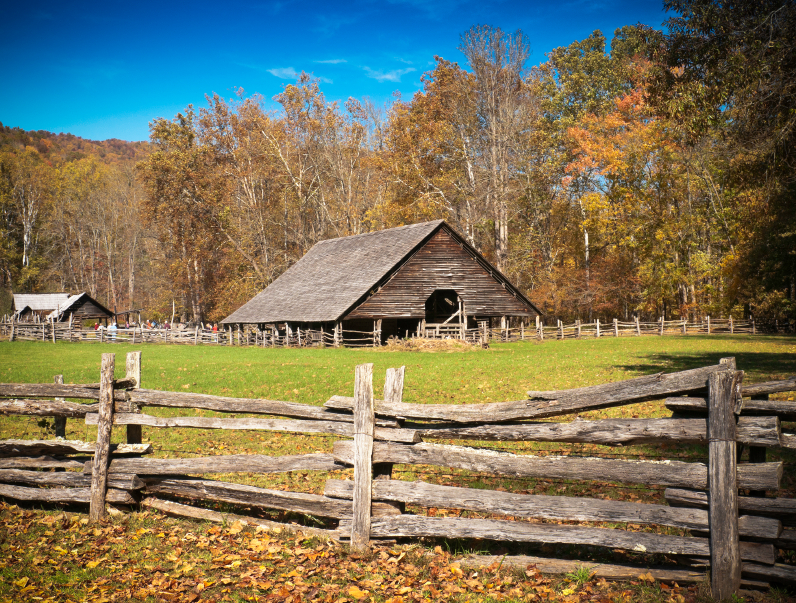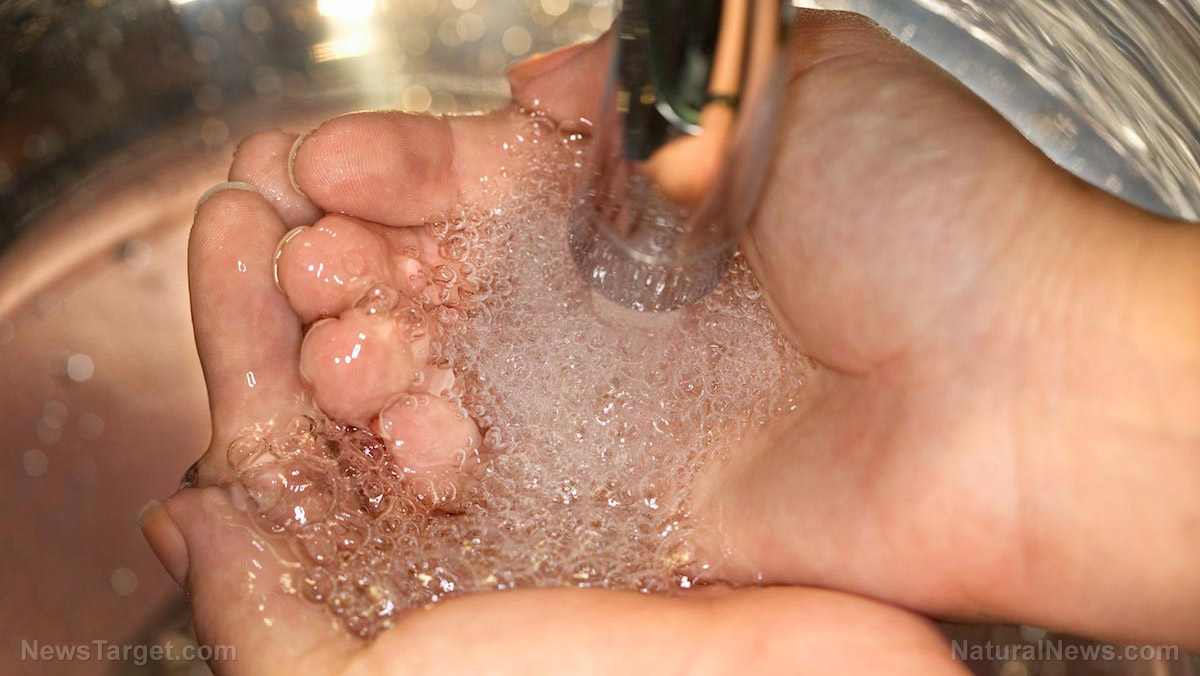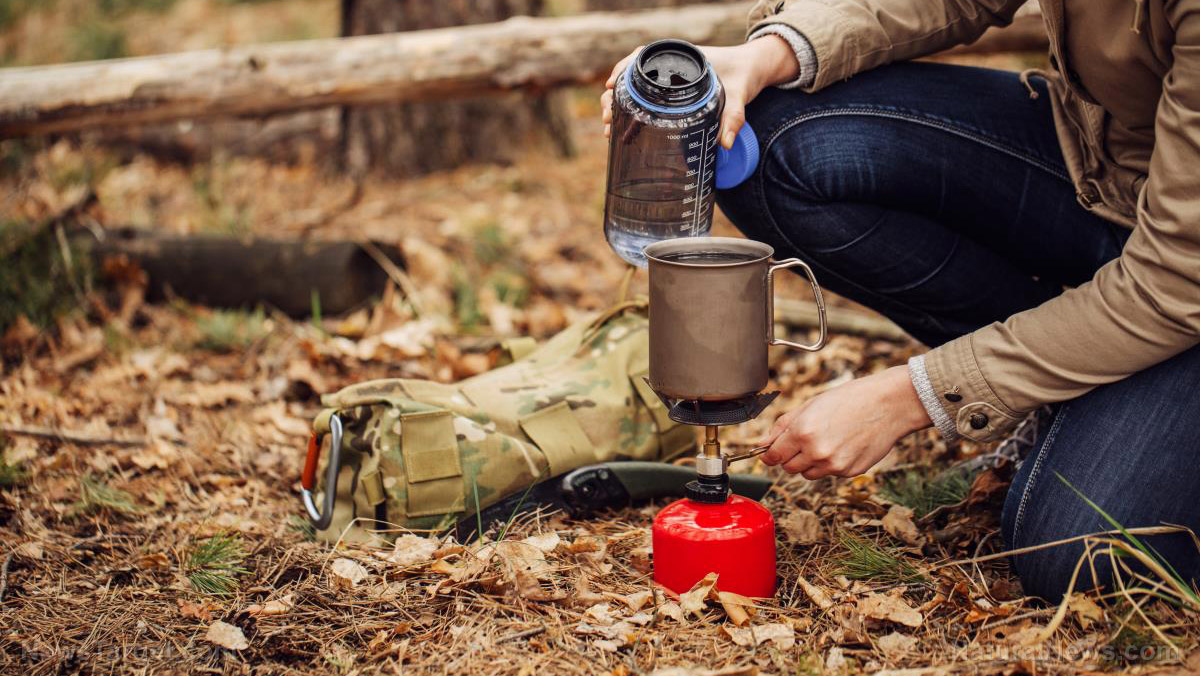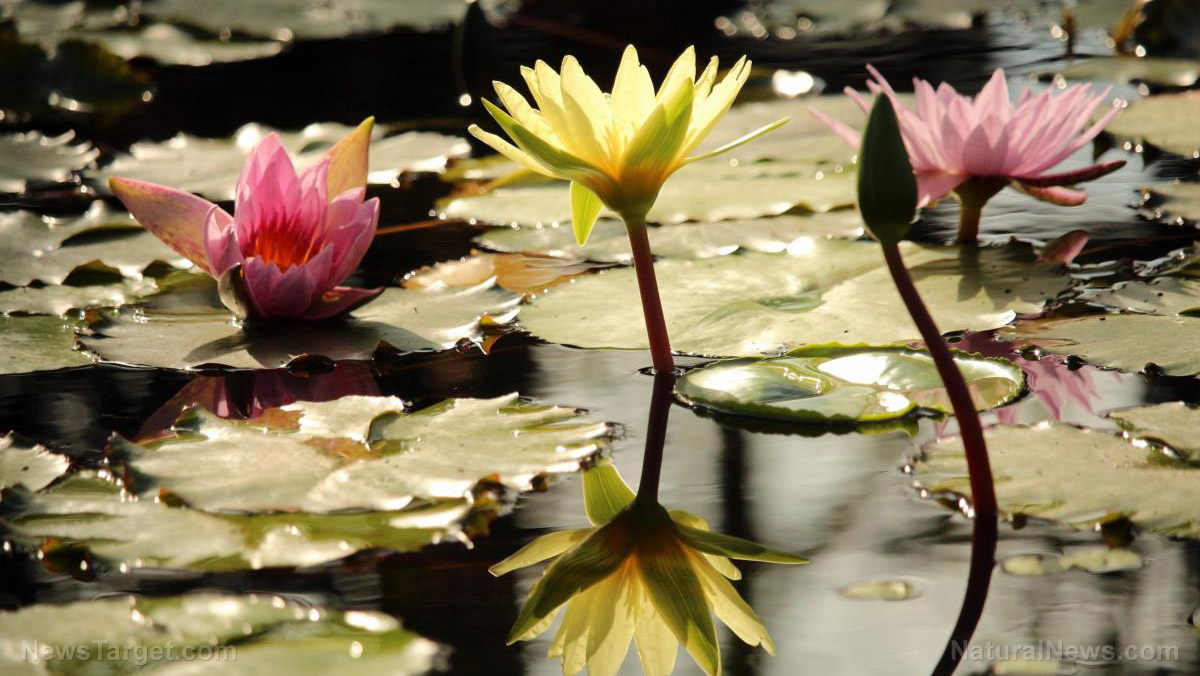A natural alternative to chemical-based fertilizers: Compost tea
10/30/2018 / By Zoey Sky
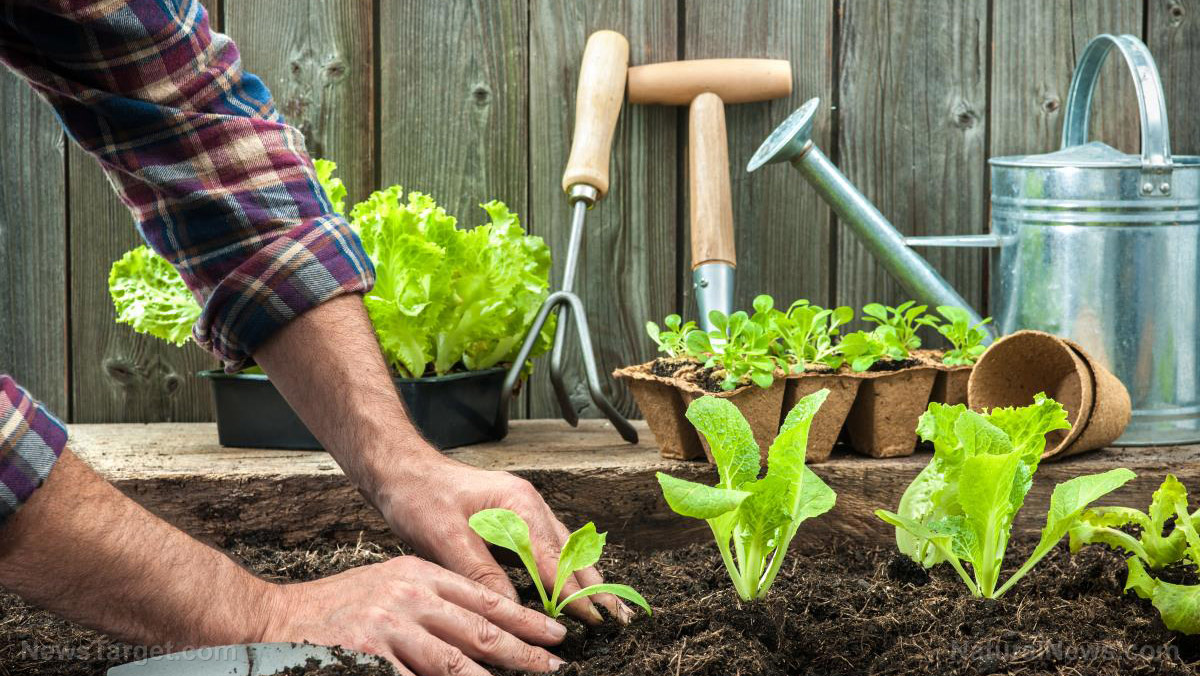
Homesteaders know that natural fertilizers are better for both plants and the environment. One such alternative is compost tea, an organic liquid fertilizer that can help enrich the soil in your garden without the use of harmful chemicals. You can make compost tea – which is cheaper alternative to -laden store-bought fertilizers — using this easy guide. (h/t to PreppersWill.com)
What is compost tea?
Some gardeners call compost tea “liquid gold fertilizer” for flowers, houseplants, and vegetables. Compost tea is a “liquid, nutritionally rich, well-balanced, organic supplement made by steeping aged compost in water.” You can add compost tea to your garden at any time of the year because it can also act as a very mild, organic liquid fertilizer.
Soaking or steeping compost in water produces a liquid that you can use as either a foliage application, which is sprayed directly on leaves, or applied to the soil in your garden. Keep in mind that while this liquid is good for your plants, compost “tea” is not safe for human consumption. (Related: 4 Soil problems and how to fix them.)
Use compost tea instead of chemical fertilizers, fungicides, and pesticides that can harm the environment.
Compost tea also offers other advantages such as:
- Boosting plant growth
- Enriching plants and soil
- Improving soil quality
- Providing beneficial organisms
- Suppressing diseases, such as those caused by nutrient deficiency
Making compost tea
Follow this guide to make compost tea.
Tools:
- 4 gallons of water
- 1 gallon of mature compost
- 3 feet of aquarium tubing/hose
- 2 five-gallon buckets
- 1 aquarium pump
- 1 gang valve (this will divide the air supply into several streams)
- Unsulfured molasses
- Cheesecloth (for straining the brewed compost mixture)
Steps:
- Attach three separate pieces of hose that are about 12 inches long to the gang valve.
- Place the gang valve onto the bucket, then check if the hoses reach the bottom of the bucket.
- Add the finished/mature compost. Make sure the ends of the hoses are covered in compost.
- Add the water and fill the bucket up to about six inches from the top. If the water is from a public source, run the pump and bubble air through the water for about one hour before you add the water to the compost. Doing this lets any chlorine in the water evaporate, which is crucial if you want your compost tea to work. Traces of chlorine in the water may kill beneficial organisms in the tea.
- Add an ounce of unsulfured molasses, which will nourish the beneficial microorganisms in the compost tea.
- Turn on the aquarium pump. Allow the mixture to brew for around three days. Stir the brew occasionally so the compost is mixed properly. Stirring will also separate the microorganisms from the solid compost particles.
- Once the mixture is brewed, use cheesecloth to strain the tea into another bucket.
- When you’re done straining the brewed compost mixture, you can put the compost solids back into the compost pile. Alternatively, you can use them as fertilizer for your garden.
Compost tea smells sweet and earthy. If the liquid smells unpleasant, don’t use it on your plants. Instead, return the mixture back to the compost pile.
The compost tea can immediately be used on flowers and vegetables because the beneficial microbes will start to die off once their air source is removed. Sprinkle the compost tea onto leaves and the soil around each plant. This liquid will provide nutrients and a much-needed energy boost to garden plants.
Apply compost tea every two weeks to your garden plants to keep them strong and healthy. This liquid fertilizer helps return organic matter to the soil in a usable form.
Organic matter in the soil boosts plant growth in three ways:
- It helps break breaking up heavy clay soils and improves structure.
- It adds water and boosts the nutrient-holding capacity of sandy soils.
- It adds essential nutrients to garden soil.
Use natural and effective compost tea to boost soil quality and cultivate healthier plants.
Learn more about natural alternatives to chemical fertilizers at HomeGardeningNews.com.
Sources include:
Tagged Under: compost tea, gardening, green living, home garden, Homestead, how-to, liquid fertilizer, natural fertilizers, off grid, Organic Fertilizer, organics, preparedness, prepper, prepping, survival, survivalist, sustainable living

